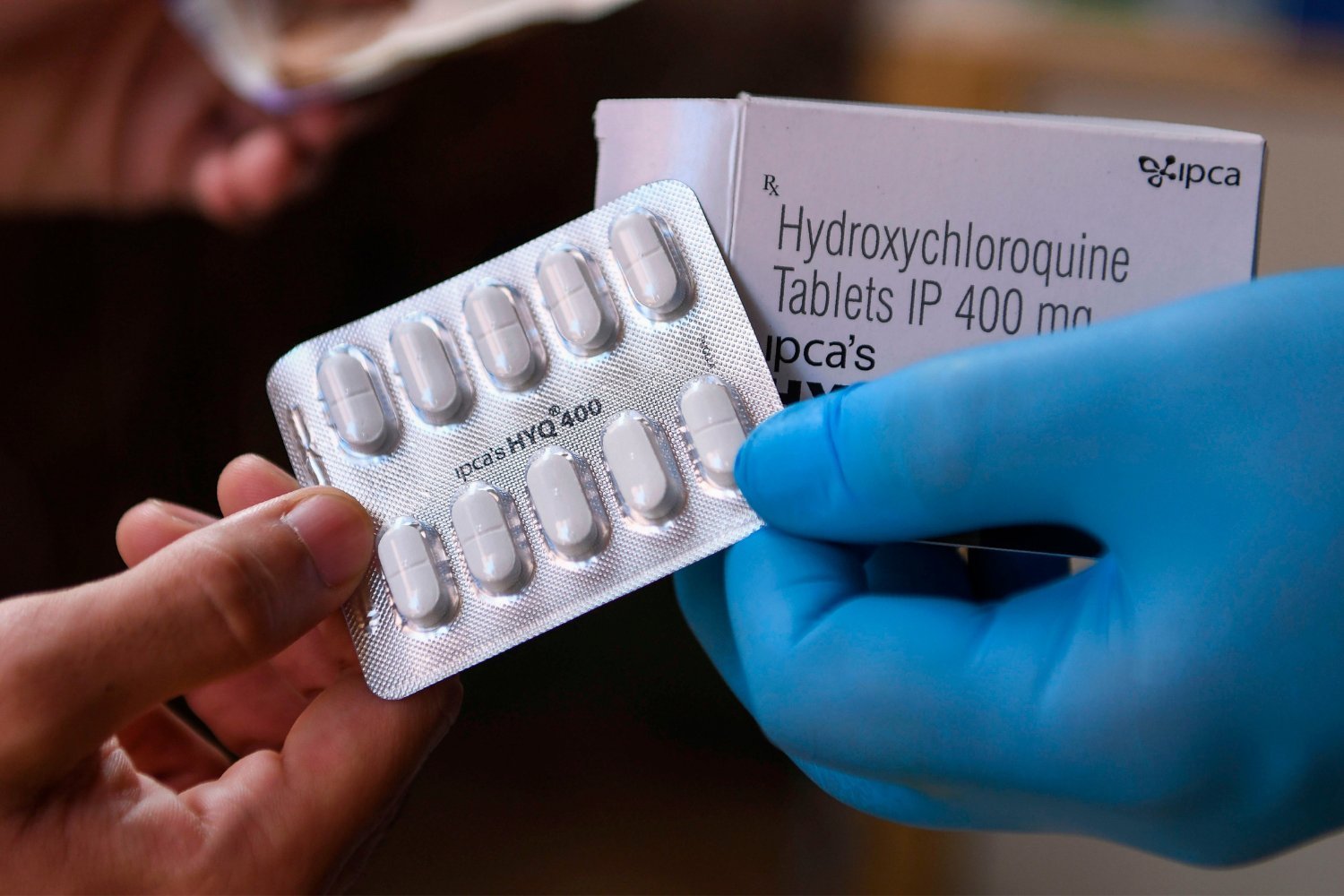Science and medicine often progress in fits and starts. Occasionally, however, true breakthroughs emerge, significantly altering how doctors manage and treat health conditions. 2024 witnessed several such advancements, ranging from novel therapies for debilitating genetic diseases to a pivotal vaccine-like HIV medication. This article explores these game-changing drugs and innovations.
Combating Antibiotic-Resistant Superbugs
Antibiotic resistance poses a significant public health challenge. Numerous disease-causing bacteria have adapted to commonly used antibiotics, including those causing urinary tract infections (UTIs). In October, the FDA approved Iterum Therapeutics’ Orlynvah, a new weapon in the fight against drug-resistant UTIs.
Orlynvah is specifically designed for certain UTIs caused by Escherichia coli, Klebsiella pneumoniae, or Proteus mirabilis—particularly those unresponsive to other antibiotics. It represents a first-in-class antibiotic, combining a drug that extends antibiotic duration in the body with a penem. Penems have shown promise against various resistant germs, and Orlynvah marks the first oral penem to receive FDA approval.
A continuous flow of innovative treatments is crucial to combating antibiotic resistance, given the rapid evolution of bacteria. Drugs like Orlynvah, when judiciously managed, provide a vital tool in our ongoing battle against superbugs.
A New Era for Schizophrenia Treatment
In September, the FDA approved Bristol Myers Squibb’s Cobenfy, the first genuinely novel schizophrenia drug since the 1950s. While less harsh antipsychotics have been developed over the years, they all target the neurotransmitter dopamine. However, dopamine isn’t the sole neurotransmitter implicated in schizophrenia, and solely modulating it often proves insufficient for symptom control.
Cobenfy introduces a novel mechanism of action by targeting the neurotransmitter acetylcholine. The drug combines xanomeline, which stimulates acetylcholine receptors, and trospium chloride, which blocks xanomeline’s off-target effects elsewhere in the body. Clinical trials demonstrated Cobenfy’s efficacy in reducing schizophrenia symptoms without significant side effects.
Cobenfy offers hope for individuals unresponsive to existing treatments and inspires the development of other acetylcholine-based drugs for schizophrenia and other neurological conditions like Alzheimer’s disease.
HIV Prevention: A Vaccine-Like Approach
A widely available HIV cure remains elusive. However, significant progress has been made in treatment and prevention. Antiretroviral therapy allows people with HIV to live normal lifespans, often without transmission risk. Pre-exposure prophylaxis (PrEP) also substantially reduces infection risk.
While PrEP typically involves a daily pill, an injectable form (Viiv’s Apretude) was approved in 2021. Gilead’s PURPOSE 1 trial further advanced PrEP, testing a twice-yearly lenacapavir injection (already approved for HIV treatment). The Phase III trial demonstrated that twice-yearly lenacapavir matched or exceeded the effectiveness of daily PrEP in preventing HIV in cisgender women. PURPOSE II trial results confirmed its efficacy in cisgender men, transgender men, transgender women, and non-binary people who have sex with men. Across both trials, twice-yearly lenacapavir exhibited over 99% efficacy, with side effects comparable to existing PrEP medications.
Given these promising findings, lenacapavir’s approval as a new PrEP form seems imminent. While oral PrEP is effective, maintaining a daily regimen can be challenging. The vaccine-like nature of lenacapavir offers a more convenient and potentially less stigmatizing option, especially in high-prevalence areas.
Many consider twice-yearly lenacapavir a research breakthrough. Gilead’s upcoming trial of a once-yearly formulation further solidifies the potential to push HIV toward eradication. However, affordability and accessibility remain crucial considerations.
First-Ever Treatments for Niemann-Pick Disease Type C
Niemann-Pick disease type C (NPC) is a rare genetic disorder affecting approximately 1,000 people in the U.S. Impaired lipid processing leads to organ damage, including the liver, spleen, and brain. Symptoms often include dementia, with a median life expectancy of 13 years. In September, the FDA approved two first-ever NPC treatments: Zevra Therapeutics’ Miplyffa and IntraBio’s Aqneursa.
Both oral medications delay symptom progression compared to placebo, but differences exist. Aqneursa is administered alone, while Miplyffa requires co-administration with an enzyme. While the long-term impact remains to be seen, these approvals represent a significant milestone for NPC patients.
Expanding Hot Flash Treatment Options
In August, Bayer published positive Phase III trial results for elinzanetant, a non-hormonal treatment for moderate to severe hot flashes in women over 40. Over 80% of women on elinzanetant experienced a more than 50% symptom reduction.
Pending FDA approval, expected by July 2025, elinzanetant would become the second non-hormonal drug targeting specific hot flash-related neurons, following fezolinetant’s 2023 approval. Elinzanetant uniquely blocks two key receptors, expanding options for women unable or unwilling to undergo hormonal therapy.
Looking Ahead: Future Medical Possibilities
Beyond 2024’s breakthroughs, further advancements are on the horizon. These include Vertex’s suzetrigine, a non-opioid pain treatment; new incretin-based drugs for obesity and diabetes; and improved flu vaccines, potentially combined with COVID-19 shots.
Further out, promising research areas include gene therapy for vision disorders, xenotransplantation using genetically modified pig organs, and brain implants to restore walking ability in paralyzed individuals. These advancements offer hope for transformative changes in medicine in the years to come.











